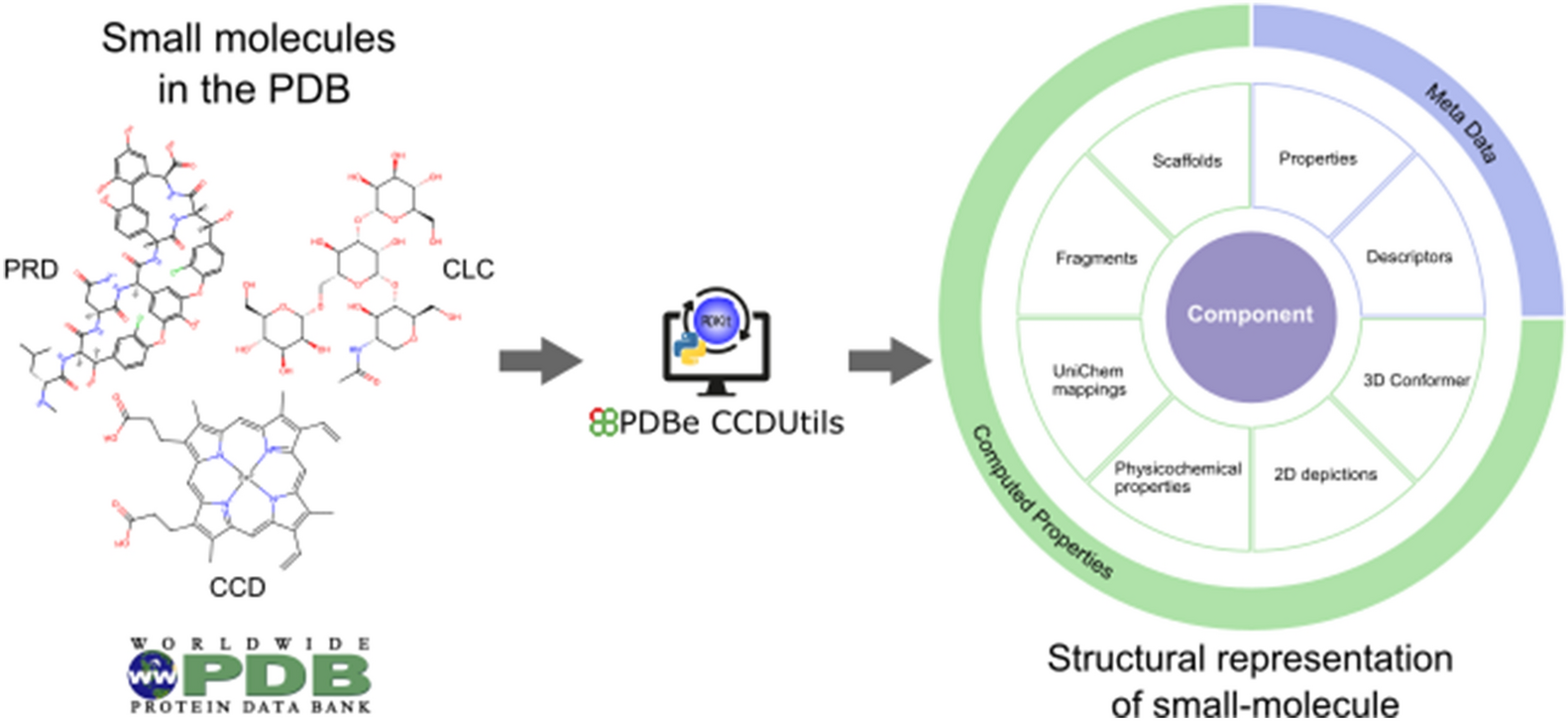Wellcome Trust Sanger Institute
Prepay
The members of the campus are: Wellcome Trust Sanger Institute European Bioinformatics Institute.
The Wellcome Trust is an independent research-funding charity that aims to improve human and animal health Research staff and students at the Sanger Institute: Sanger Institute is a Member which means you can publish in any BioMed Central, Chemistry Central or SpringerOpen journal with a 15% discount on the fee. The article-processing charge is paid centrally by your institution and then costed back to your project/dept code.
Funding for your BMC & SpringerOpen article processing charges (APCs)
As an affiliated author, your APC could be funded by our institution’s BMC and SpringerOpen membership fund.
Please follow the submission guidelines to benefit from this membership.
Wellcome Trust Sanger Institute's Articles
Page 1 of 55
-
Citation: BMC Bioinformatics 2025 26:87
-
Acute and chronic pesticide exposure trigger fundamentally different molecular responses in bumble bee brains
Citation: BMC Biology 2025 23:72 -
Fifteen years of ChEMBL and its role in cheminformatics and drug discovery
Citation: Journal of Cheminformatics 2025 17:32 -
Correction: Incorporation of a hinge domain improves the expansion of chimeric antigen receptor T cells
Citation: Journal of Hematology & Oncology 2025 18:21 -
MoCHI: neural networks to fit interpretable models and quantify energies, energetic couplings, epistasis, and allostery from deep mutational scanning data
Citation: Genome Biology 2024 25:303 -
Identifying barriers and opportunities to facilitate the uptake of whole genome sequencing in paediatric haematology and oncology practice
Citation: BMC Medical Education 2024 24:1273 -
Curating genomic disease-gene relationships with Gene2Phenotype (G2P)
Citation: Genome Medicine 2024 16:127 -
A systematic review of sample size estimation accuracy on power in malaria cluster randomised trials measuring epidemiological outcomes
Citation: BMC Medical Research Methodology 2024 24:238 -
Large-scale annotation of biochemically relevant pockets and tunnels in cognate enzyme–ligand complexes
Citation: Journal of Cheminformatics 2024 16:114 -
Microbiome signature suggestive of lactose-intolerance in rhesus macaques (Macaca mulatta) with intermittent chronic diarrhea
Citation: Animal Microbiome 2024 6:53 -
Whole-genome sequencing of major malaria vectors reveals the evolution of new insecticide resistance variants in a longitudinal study in Burkina Faso
Citation: Malaria Journal 2024 23:280 -
Leveraging neighborhood representations of single-cell data to achieve sensitive DE testing with miloDE
Citation: Genome Biology 2024 25:189 -
Genetic constraint at single amino acid resolution in protein domains improves missense variant prioritisation and gene discovery
Citation: Genome Medicine 2024 16:88 -
EmptyDropsMultiome discriminates real cells from background in single-cell multiomics assays
Citation: Genome Biology 2024 25:121 -
The Anopheles coluzzii range extends into Kenya: detection, insecticide resistance profiles and population genetic structure in relation to conspecific populations in West and Central Africa
Citation: Malaria Journal 2024 23:122 -
scSNV-seq: high-throughput phenotyping of single nucleotide variants by coupled single-cell genotyping and transcriptomics
Citation: Genome Biology 2024 25:20 -
Are new ideas harder to find? A note on incremental research and Journal of Cheminformatics’ Scientific Contribution Statement
Citation: Journal of Cheminformatics 2024 16:6 -
Transcriptional signals of transformation in human cancer
Citation: Genome Medicine 2024 16:8 -
PDBe CCDUtils: an RDKit-based toolkit for handling and analysing small molecules in the Protein Data Bank
Citation: Journal of Cheminformatics 2023 15:117
-
Bacterial genome-wide association study substantiates papGII of Escherichia coli as a major risk factor for urosepsis
Citation: Genome Medicine 2023 15:89